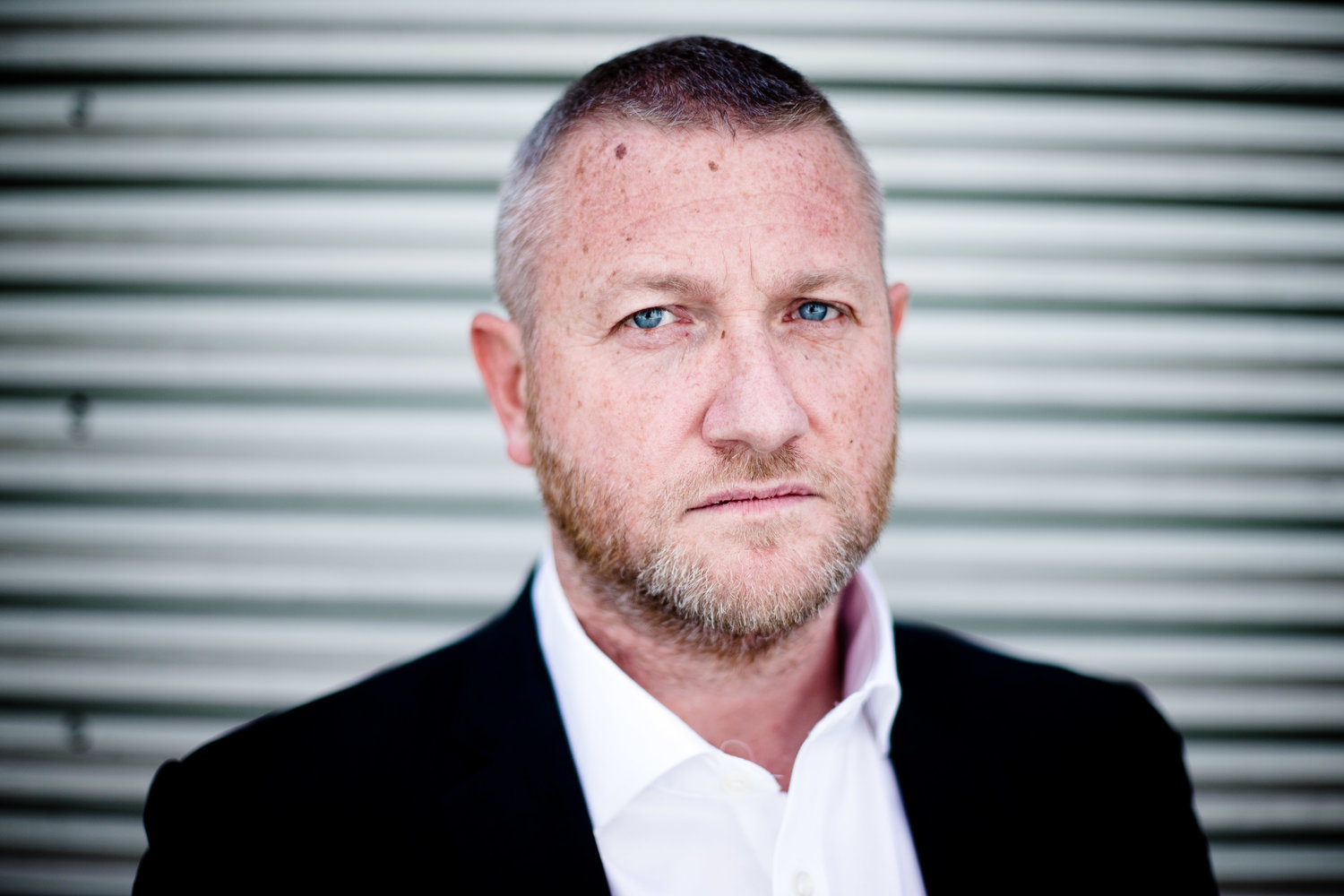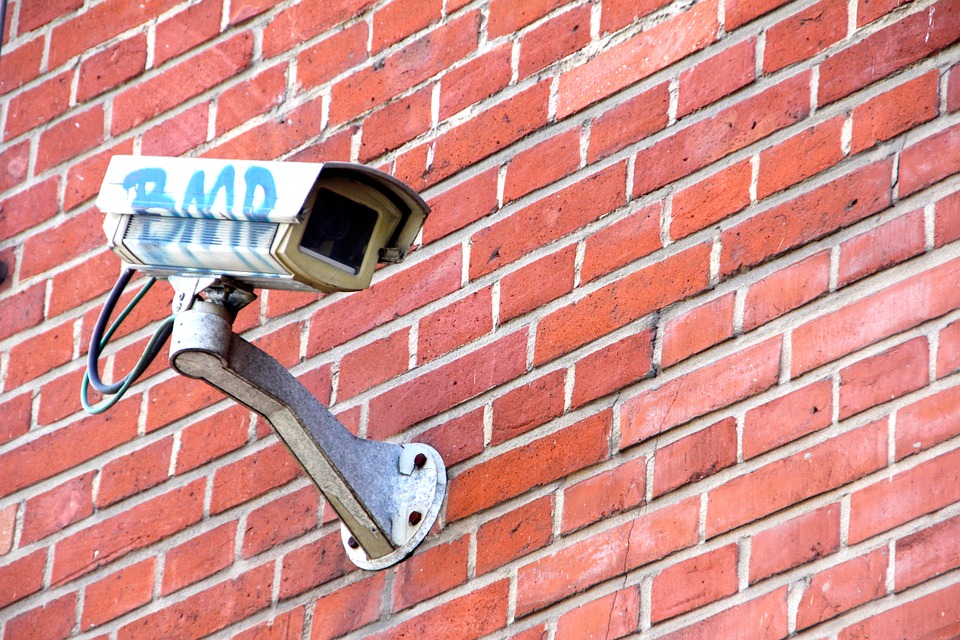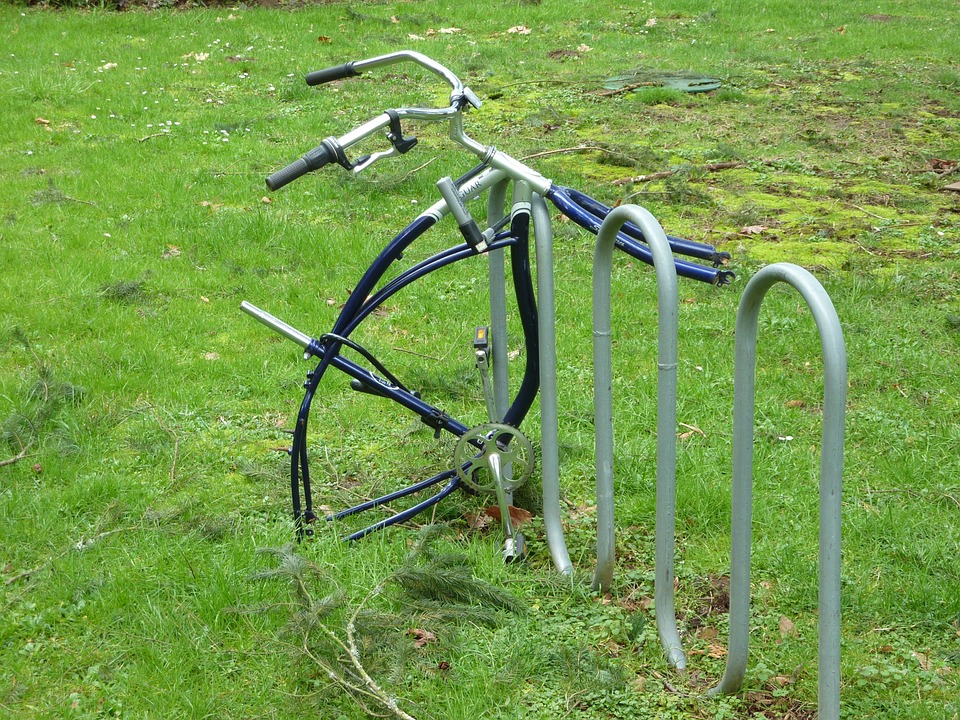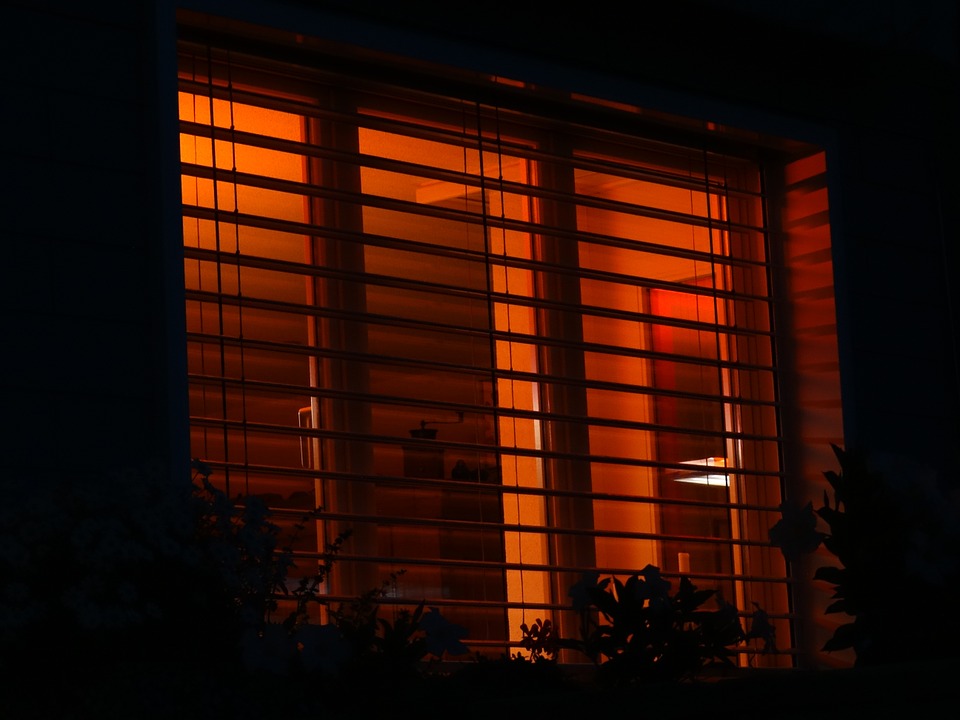HOW WRONG CAN YOU BE?
I'd been working on the burglary squad on my borough for nearly three years. We were the best performing burglary unit in London and as a fresh-faced police officer in my twenties, I was proud to be part of the team. There was nothing anyone could teach me. I'd been there, seen it, done it, and bought the T-shirt.
Or so I thought...
I'd go round to homes that had been broken into and investigate the crime. I'd look at the method of entry, the way the place had been searched, what had been taken, and for clues to find out who the perpetrator might be. I had a burglary detection rate that was three times that of the average police officer, and I was pretty competent.
Or so I thought…
All victims would ask for crime prevention advice and I would tell them what I thought deterred burglars. I'd explain that alarm systems discouraged them. I’d tell people to get some good locks on the doors. To close the curtains. Leave the lights on. Get a security light for the garden.
One day I happened upon a chap behaving unusually as he walked down the road. I stopped him, searched him and found some credit cards on him that were clearly not his. We will call him Gary for the benefit of this story.
Gary was a drug addict. He committed crime to feed his very expensive drug habit.
At his home I found many more credit cards - all in different names and all stolen.
Gary was a fairly intelligent guy and hated what he had become. He wanted to sort himself out, quit the drugs and get himself on the straight and narrow. He decided to tell me everything.
In fact he confessed to over two hundred burglaries.
Gary was very frank with me about how he targeted properties and why. And guess what...
I was wrong about the advice I had been giving.
Gary would look for premises with alarms on them. Specifically he'd look for a certain well-known brand of alarm. He would target places that had the curtains closed. He loved places that had Venetian blinds – “the wider the slat, the more money they have” - he'd say.
Burgling a house with the brand-name alarm, meant that he knew his time was up when the phone started to ring. “That's the alarm company ringing the homeowner to see if it's a false alarm or not - I know I've got at least ten minutes before the alarm company calls the police,” he'd say.
Gary got five years. I heard he carried on his life of crime just as soon as he got out.
Gary taught me that you never know everything, that there is always an exception to the rule.
People have different motivations and reasons for doing things. All crimes are unique. We should never make sweeping generalisations about who committed one or why. We need to catch the offender and understand what has really taken place.
Much later on in my career as a detective, I found myself in the midst of Operation Theseus, the investigation into the 7th July bombings in London, in which fifty-two people were murdered and four suicide bombers had blown themselves up.
Islamic fundamentalists; motivated by religion to make a statement. That was why the bombings took place, wasn’t it?
We accepted it was terrorism...
But what if we were wrong?
Want to know more?
Grab The Theseus Paradox today at Amazon
The Theseus Paradox is proud to support the work of the Police Dependants' Trust and the 7/7 Memorial Trust















